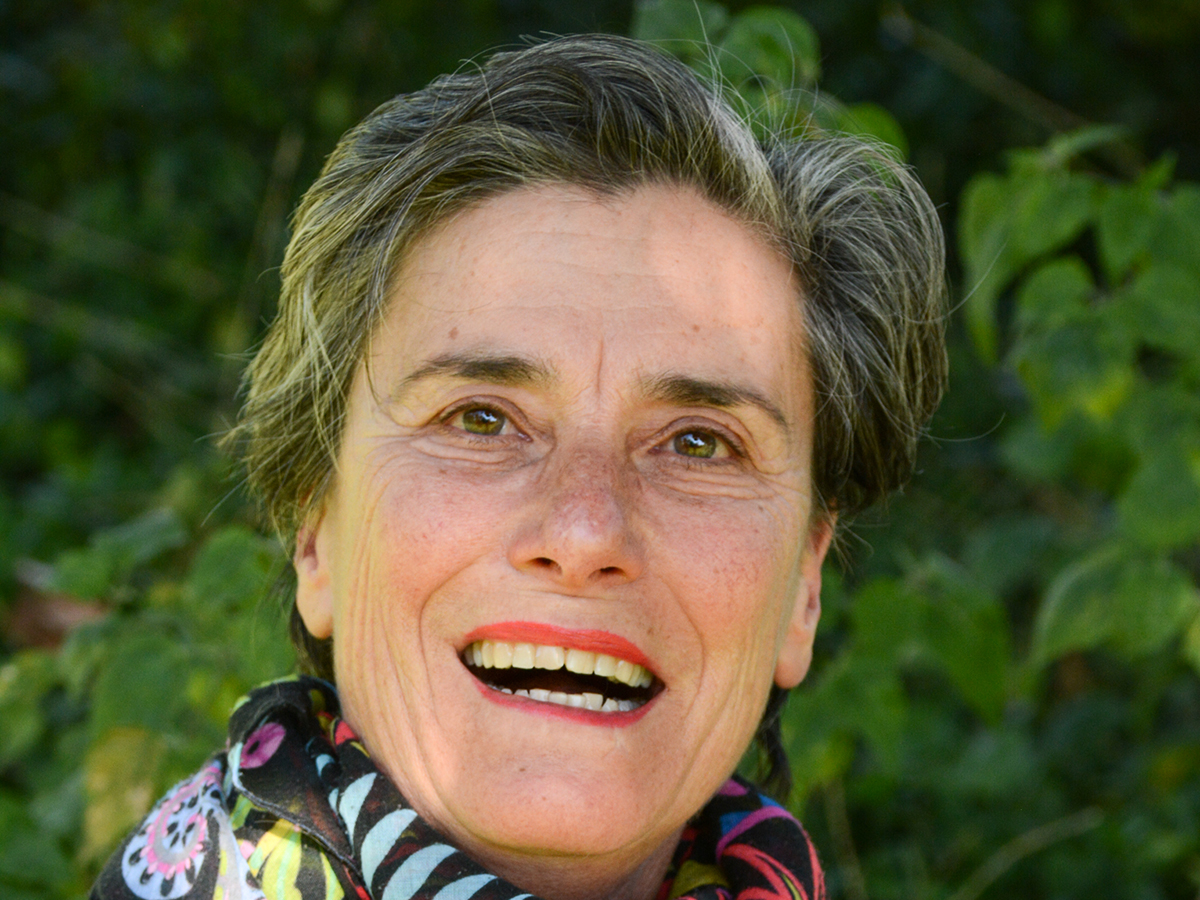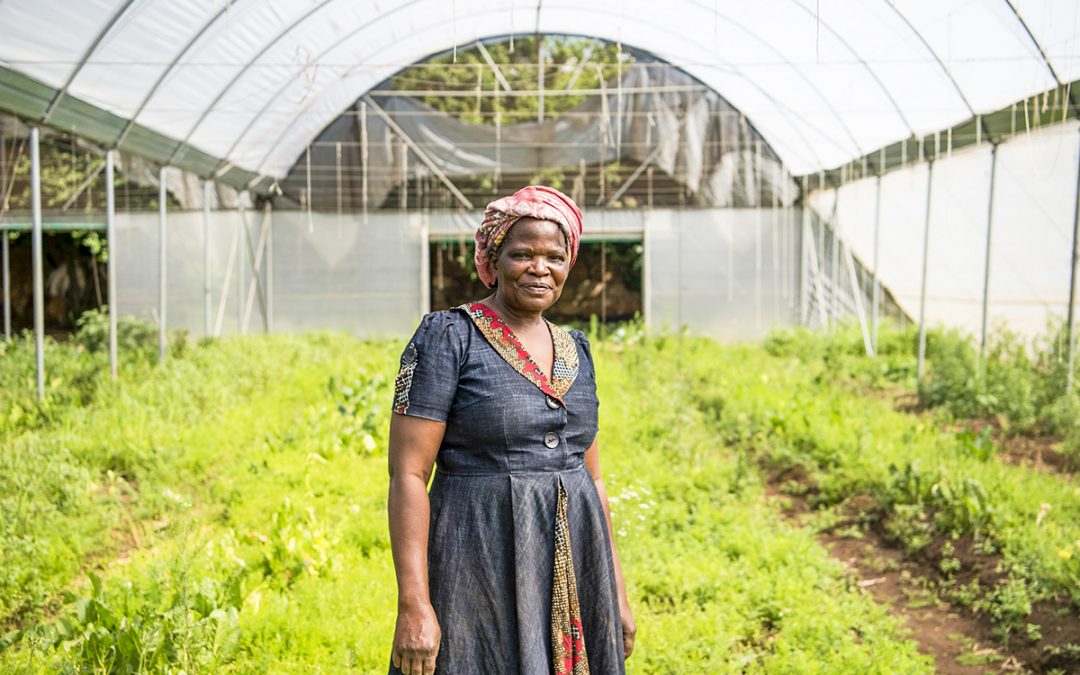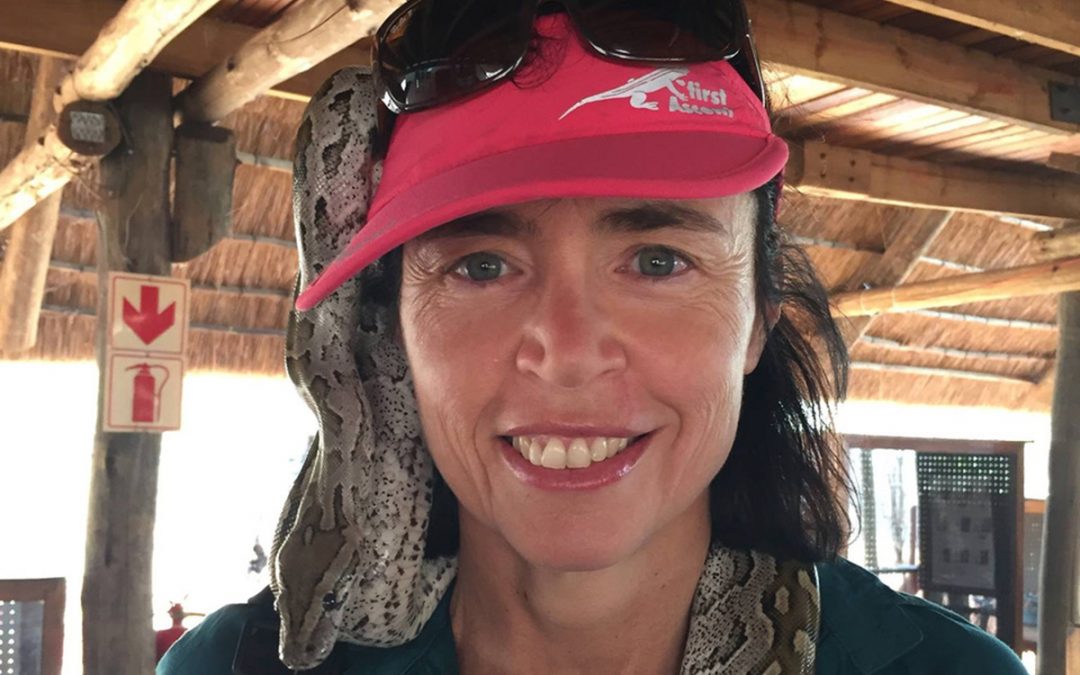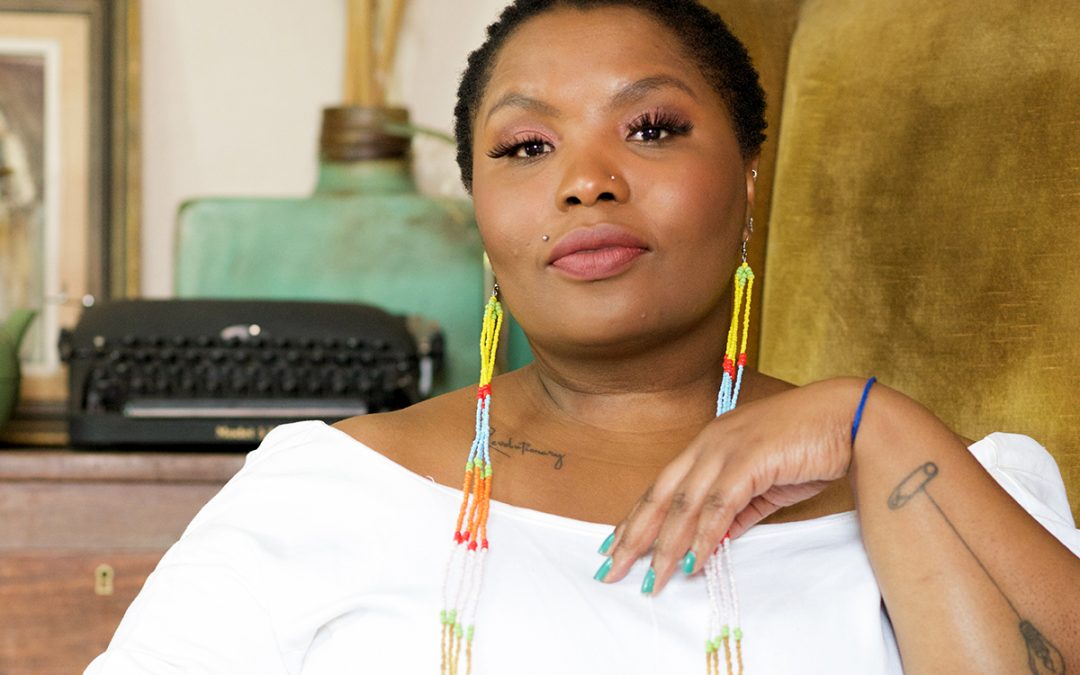Nikki Brighton is renowned in the Midlands of KwaZulu-Natal for her outreach work, particularly concerning food. Having spent years volunteering on a personal basis in the Howick area, she uses her experience and networks to create a more ethical and sustainable food supply chain by connecting producers and consumers directly.
A love of helping others has always been in Brighton’s nature. When she was 11, she held a fundraiser in her back garden in honour of her teacher, who had died of cancer. “I raised R105 to donate to Cansa,” she recalls.
Now, at 60, Brighton carries that caring spirit into the slow food community she has helped to build in Howick and its township, Mpophomeni. She describes herself as a “locavore” — someone who knows the source of everything they eat. “I don’t eat a carrot without being able to say ‘thank you’ directly to the farmer,” she says.
Brighton runs Rekohowick, a Facebook group for farmers to post their available produce on and locals to place their orders on directly. The system seeks to eliminate food waste and packaging, and promotes a more ethical and transparent food supply chain.
She is also part of a group that began a bartering system in Howick and its surrounds. “Things grow like crazy in the Midlands,” she says. “The idea was to share the abundance.”
The concept has spread to neighbouring areas, with bartering markets taking place twice a week, where growers trade whatever produce they have an excess of. “The community building is phenomenal,” says Brighton.“It’s very inclusive, and you get to meet like-minded people.”
Noting a need to increase the resilience of people interested in growing their own food in Mpophomeni, Brighton and a group of friends began a fundraising initiative. Through this, they have been able to buy items such as water tanks, solar cookers and fencing.
“We aren’t trying to fix anything big, we are just trying to make individual people stronger,” says Brighton. “I think a strong individual in a community can have a much bigger impact than something like a feeding scheme.”
This initiative created a boom in food gardens, and inspired Nikki to write the recipe book Mnandi: A Taste of Mpophomeni. The book, which celebrates local cooks and gardeners, serves as a fundraiser for the community; it helps to buy seeds and fund education for farmers.
During the recent looting of KwaZulu-Natal’s grocery stores, Brighton and her community were able to see the benefit of the food system they have been working on for so many years. “Supermarkets had burned down and everyone was queueing to buy things like milk, but we weren’t,” she says. “This was an example of how resilient we are because we know where our food comes from.”
Brighton’s hope is for more South Africans to join the slow food movement. “We’ve got to change our diet, for climate change and biodiversity loss,” she says.
Along with eating a wider diet, she stresses the importance of human connection. “I’m all for anything that builds community,” she says. “Unless we have a strong community, we are not going to get anywhere with anything.”
I’m all for anything that builds community. Unless we have a strong community, we are not going to get anywhere with anything.























